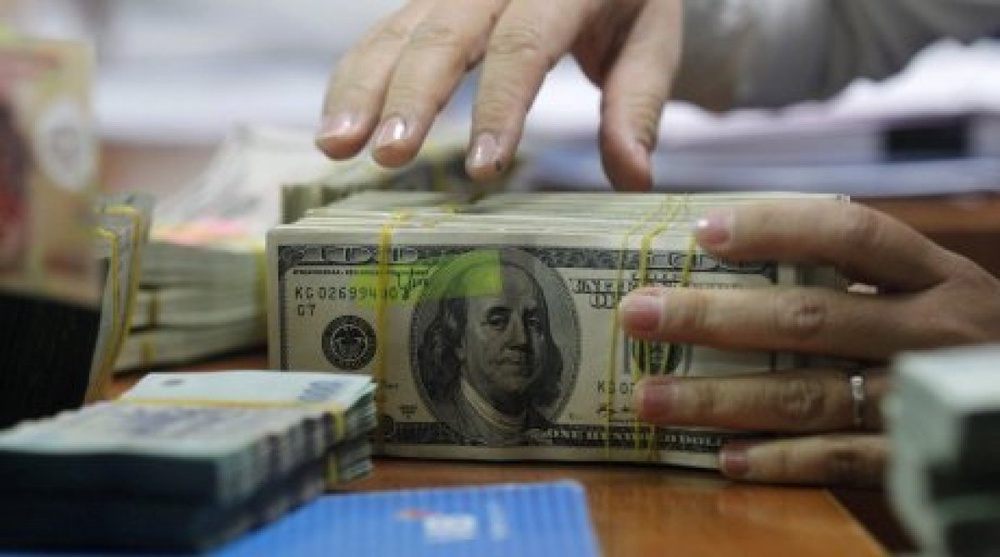
The private sector is in a better position to manage pension savings [than the state-run single pension fund to be shortly launched in Kazakhstan], Kaztag reports, citing Janet Heckman, EBRD Director for Kazakhstan, as saying May 14 at the 7th conference on Kazakhstan arranged by Fitch Ratings. “Pension savings are something the private sector deals with better (…) role of the private sector is critical to secure economy diversification”, she believes. According to the statement issued by Fitch Ratings, “the payback from the pension reform could be insignificant should the Single Pension Fund’s assets be invested in the same way the National Oil Fund’s assets are invested”, Kaztag reports. Assets of the National Fund will have grown by 20.2% by the end of 2014 to reach $75 billion, Dmitry Surkov, Managing Director at Fitch Ratings Moscow, said at the conference. “The National Fund has grown more than by $26 billion since the end of 2010. According to our estimates, by the end of 2014 its assets may reach 32% of the GDP, making up $75 billion”, Mr. Surkov said. As of May 1, 2013 the National Fund’s assets made up $62.385 billion. The National Fund of Kazakhstan was created in 2000 as a stabilization fund that accumulates windfall revenues from oil sales and ensures the economy of Kazakhstan will be stable against the price swings of oil. The assets of the National Fund assets are monitored by the National Bank of the Republic of Kazakhstan. In his State of the Nation Address [January 27, 2012], President Nazarbayev suggested the National Oil Fund money be used in the form of loans to the national economy rather than kept with foreign banks. The rating agency listed such factors as “banks losing sources of income” and “potentially riskier investments” as downsides of the pension reform. “The possibility of investing into projects with a greater payback” and “lower administrative costs for savings accounts holders” are among the listed upsides. As of December 2012 there were 11 pension funds operating in Kazakhstan, with the total of savings kept with them standing at $21 billion. Late January 2013 Kazakhstan’s President Nursultan Nazarbayev instructed to have all the pension funds merged into a single pension fund.





The private sector is in a better position to manage pension savings [than the state-run single pension fund to be shortly launched in Kazakhstan], Kaztag reports, citing Janet Heckman, EBRD Director for Kazakhstan, as saying May 14 at the 7th conference on Kazakhstan arranged by Fitch Ratings.
“Pension savings are something the private sector deals with better (…) role of the private sector is critical to secure economy diversification”, she believes.
According to the statement issued by Fitch Ratings, “the payback from the pension reform could be insignificant should the Single Pension Fund’s assets be invested in the same way the National Oil Fund’s assets are invested”, Kaztag reports.
Assets of the National Fund will have grown by 20.2% by the end of 2014 to reach $75 billion, Dmitry Surkov, Managing Director at Fitch Ratings Moscow, said at the conference.
“The National Fund has grown more than by $26 billion since the end of 2010. According to our estimates, by the end of 2014 its assets may reach 32% of the GDP, making up $75 billion”, Mr. Surkov said.
As of May 1, 2013 the National Fund’s assets made up $62.385 billion.
The National Fund of Kazakhstan was created in 2000 as a stabilization fund that accumulates windfall revenues from oil sales and ensures the economy of Kazakhstan will be stable against the price swings of oil. The assets of the National Fund assets are monitored by the National Bank of the Republic of Kazakhstan.
In his State of the Nation Address [January 27, 2012], President Nazarbayev suggested the National Oil Fund money be used in the form of loans to the national economy rather than kept with foreign banks.
The rating agency listed such factors as “banks losing sources of income” and “potentially riskier investments” as downsides of the pension reform.
“The possibility of investing into projects with a greater payback” and “lower administrative costs for savings accounts holders” are among the listed upsides.
As of December 2012 there were 11 pension funds operating in Kazakhstan, with the total of savings kept with them standing at $21 billion. Late January 2013 Kazakhstan’s President Nursultan Nazarbayev instructed to have all the pension funds merged into a single pension fund.

 +7 (777) 001 44 99
+7 (777) 001 44 99



 Қазақша
Қазақша Русский
Русский English
English














































